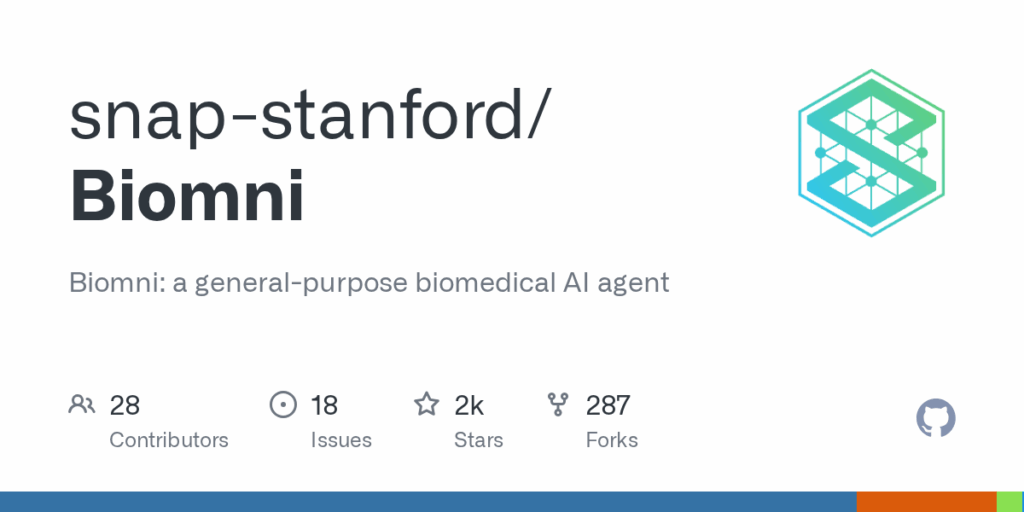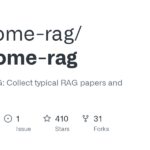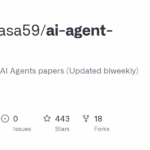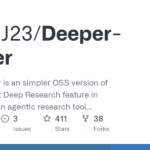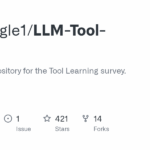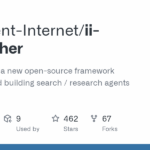Biomni
Basic Information
Biomni is a general-purpose biomedical AI agent repository that provides software and tooling to autonomously execute diverse research tasks across biomedical subfields. It integrates large language model reasoning with retrieval-augmented planning and code-based execution to help scientists plan experiments, analyze data, and generate testable hypotheses. The project is distributed as a pip package and includes a scripted conda environment setup, a data lake that is automatically downloaded on first run, example notebooks and tutorials, and a no-code web interface. It supports multiple model providers via configuration, offers MCP (Model Context Protocol) support for external tool integration, and encourages community contributions to extend tools, datasets, and benchmarks. The README highlights security considerations because the agent can execute LLM-generated code with full system privileges, and it documents known package conflicts and release milestones.

